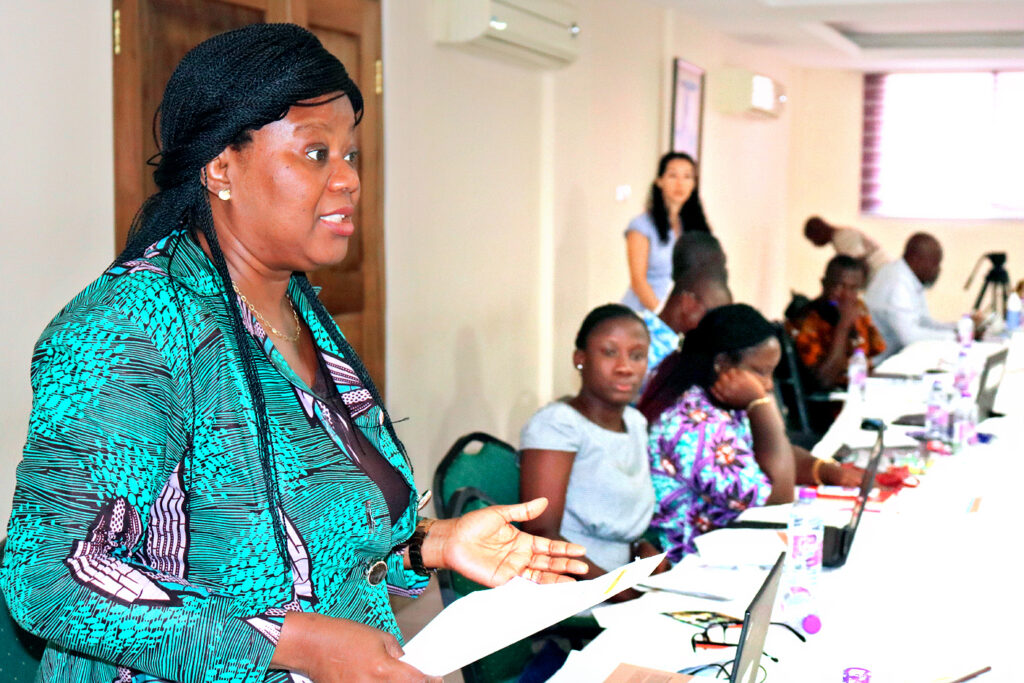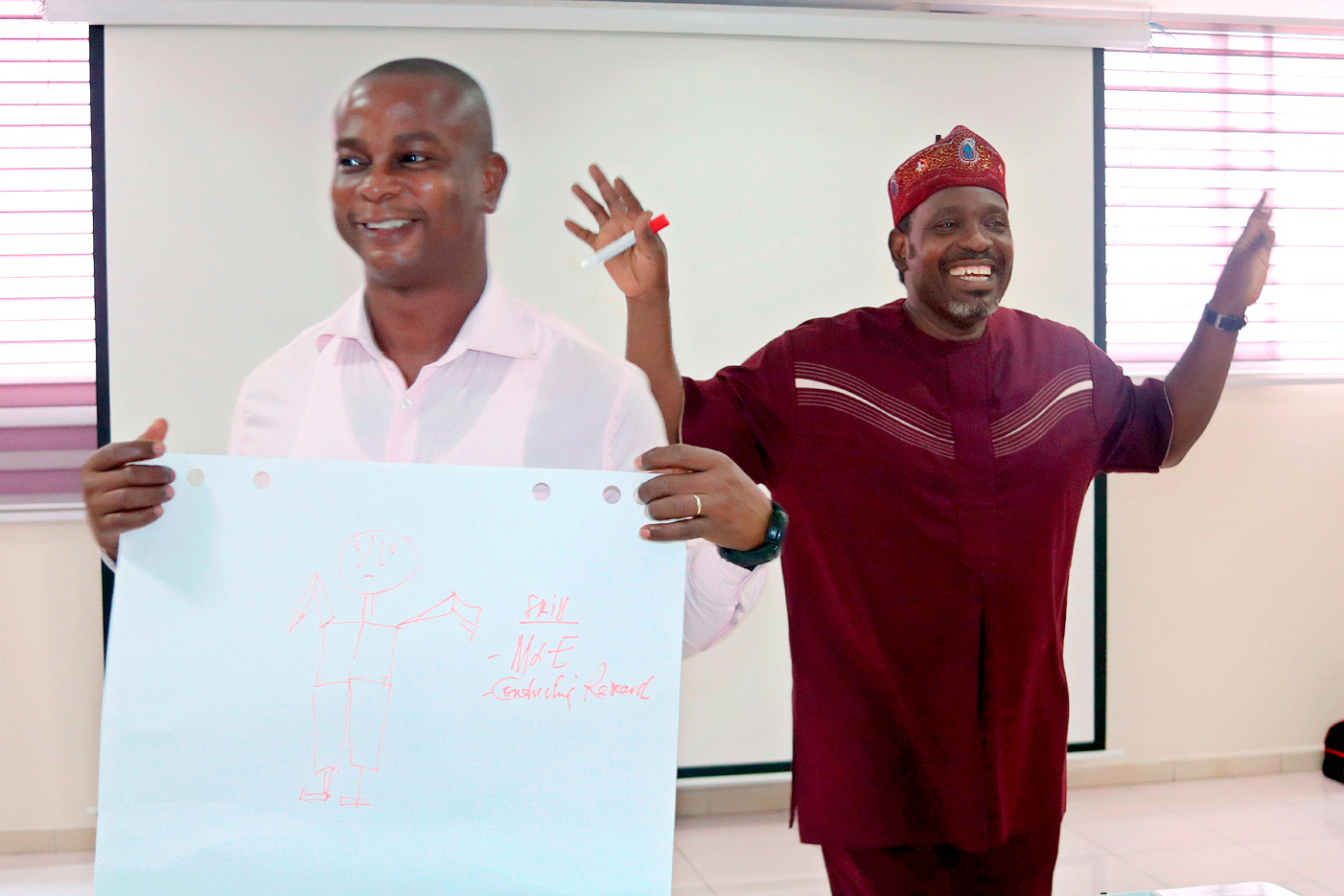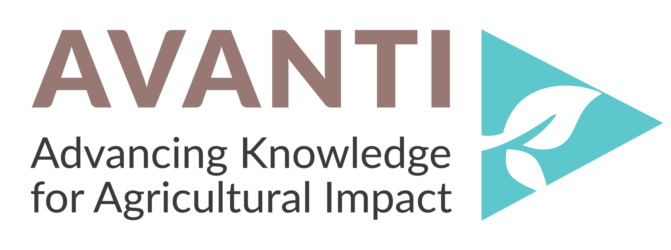The AVANTI Ghana AG-Scan: lessons in capacity, legitimacy and facilitation
 By Abdulkareem Lawal, Principal Consultant and Emmeline Henderson, Knowledge and Communications for Ghana Ag-Scan, July 2020
By Abdulkareem Lawal, Principal Consultant and Emmeline Henderson, Knowledge and Communications for Ghana Ag-Scan, July 2020
The AVANTI Initiative has conducted AG-Scans in ten countries around the world. Whilst they all had the same overall aim – to enable participants to self-assess their capacity for results-based management (RBM) in their agricultural sector and put together a plan to close the gaps – each AG-Scan was tailored to the national context, and lessons were learnt from all of them.
Due to COVID-19, the AG-Scans planned for 2020 have been postponed, so we have taken the opportunity to reflect on our last AG-Scan of 2019, which took place in Ghana in November. Through this workshop, we were able to draw out three key lessons, that while particular to that context, are important for planning the workshops more broadly.

1. Harnessing the latent capacity in RBM.
The Modernizing Agriculture in Ghana (MAG) programme, funded by the Canadian International Development Agency, to contribute to the reversal of declining growth in the Ghanaian agriculture sector, has helped build RBM capacity within the Ministry of Food and Agriculture (MoFA), and elevate its importance and use. At the beginning of the workshop, some of the participants were, therefore, a bit sceptical about the value added by the AVANTI self-assessments. To counter this scepticism, the AVANTI team worked with a core group of participants prior to the workshop to adapt the process to their particular issues around RBM and SDG reporting, including how AVANTI complements existing initiatives like the MAG and the Partnership for Inclusive Agricultural Transformation in Africa (PIATA). The core team were able to bring these issues to group sessions to build on the application of the RBM knowledge and skills that already existed in MoFA, and the facilitators were able to focus discussions on the need to harness the existing skills into practice.
2. Facilitation is key to enabling contributions
Engaging with stakeholders in a self-assessment process, as well as influencing government behaviour, can be a challenging and politically sensitive process. The perception of being evaluated or assessed can lead to a more guarded response from participants. Managing expectations and unease requires facilitation that strikes the right balance between deep, up-to-date, local knowledge, credibility and the ability to work iteratively and get messaging right. The Ghana team, like all AG-Scans teams, was made up of national and international facilitators with mixed and complementary skills – bringing international experience and the in-depth local contextual knowledge and experience the process requires to be successful.

3. IFAD’s participation provided contextual knowledge and added legitimacy to the process.
The Country Programme Officer and resident consultant with the International Fund for Agricultural Development (IFAD) attended all sessions, from the adaptation meetings with the core group to the AG-Scan workshop itself, and the action planning session afterwards. The presence of these IFAD staff not only helped in providing additional contextual clarifications to many issues, it also helped to add legitimacy to the process.
The AG-Scan workshop provided the Ghanaian participants the opportunity to take stock and reflect on their critical RBM and SDG reporting gaps, and plan for the future. There are success factors in place in Ghana, for RBM and AG-Scan follow up process, especially given the existence of the Ministry of Monitoring and Evaluation, and the collaborative relationship that already exists between MoFA, and other government ministries and organisations.
Lessons for the future
The lessons from this AG-Scan, as well as the learning from all of our AVANTI workshops, are crucial for us to gather, understand and use for future work so that the initiative can continue to support national governments understand and build their capacity for RBM and SDG reporting in the agricultural sector.
